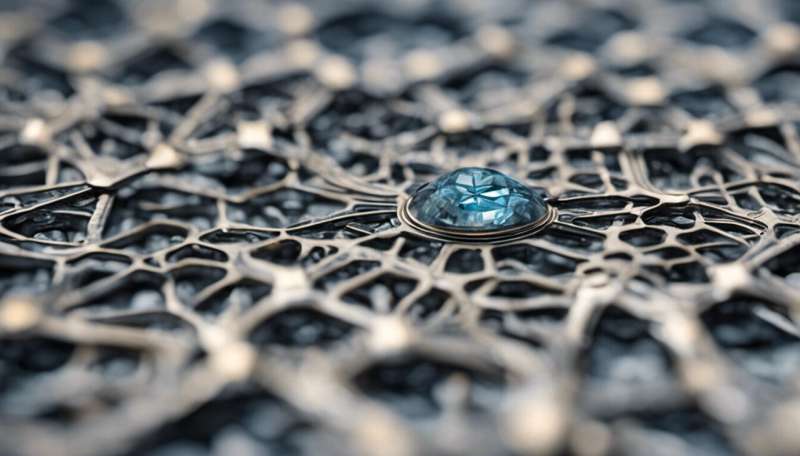
The first vaccine against respiratory syncytial virus (RSV) has been approved by the US Food and Drug Administration. The vaccine, named Arexvy, will be given to people 60 years and older.
The European Medicines Agency is recommending the use of this vaccine, with a final decision likely to be made in July 2023. The UK drugs regulator is also considering the evidence.
RSV is quite closely related to measles and mumps viruses, but unlike those two, it mostly causes symptoms similar to a bad cold. It is spread through coughing and sneezing and it can hang around on surfaces for several hours. It is found all over the world, with most cases occurring in winter.
Healthy adults usually have fairly mild symptoms, but an RSV infection can be very serious in young children and older people. In babies and toddlers, breathing can be so badly affected that they need oxygen treatment in hospital.
Globally, RSV is estimated to cause one in every 50 deaths in children under five.
RSV is harder to diagnose in older adults but may be more common than influenza. It can develop into conditions such as pneumonia, which can be fatal. Globally, at least 300,000 people over 65 are ill enough to be admitted to hospital with an RSV infection each year, around 4% of whom will die.
A long road
Scientists started working on an RSV vaccine in the 1960s. The first attempt was based on collecting whole virus grown in the laboratory and preserving it chemically so that it looked like RSV virus once inside the human body. This is a standard technique for preparing vaccines, but unfortunately it triggered an unexpected immune response. Vaccinated children reacted badly when they later picked up RSV naturally. Many ended up in hospital and two sadly died.
Researchers then tried using vaccines made against individual parts of the virus and different formulations, but nothing seemed to work. Eventually, a key part of the virus, called F protein was identified as a likely vaccine target. But making it work still proved hard, until scientists realized that the protein changed shape once the virus met the cells inside the lungs. So the trick was to stabilize the F protein in the vaccine so it stayed the same once it got inside the patient’s body.
The Arexvy vaccine, developed by the UK-based pharmaceutical company GlaxoSmithKline, is known as a “protein subunit vaccine”. It contains an artificial version of the correct format of the F protein (called RSV PreF3) plus a harmless chemical that encourages the body to take up the vaccine more easily (called an adjuvant).
Eighty-three percent effective
In a clinical trial involving almost 25,000 volunteers, half were given Arexvy and half a placebo and they were all followed up for at least six months. The vaccine gave 83% protection against lower respiratory tract disease caused by RSV.
There are two forms of RSV, type A and B. The vaccine worked equally well against both types.
Some people did experience side-effects, but they were rare and usually minor. Serious outcomes have been found in other, smaller studies of Arexvy. In one trial, two people who were given the influenza vaccine along with Arexvy experienced inflammation of the brain. In another study, one person developed a condition called Guillain-Barré syndrome, a rare condition where the body’s immune system turns on itself and causes paralysis. Most people recover from Guillain-Barré syndrome, but it can take some time.
Trials are continuing to see how long the effects of the vaccine last. People usually need regular boosters for this type of vaccine, so it will probably be given annually.
Although RSV affects more children than adults each year, a suitable vaccine for children is not yet ready. This is because virologists still don’t fully understand how children’s immune systems interact with the virus.
In the meantime, children at high risk of serious illness from RSV (premature babies and those with some heart conditions) can be given palivizumab. This is not a vaccine but a laboratory-made copy of an antibody against F protein. It is a safe drug, but protection doesn’t last long and the injection has to be given once a month during RSV season.
Provided by
The Conversation
This article is republished from The Conversation under a Creative Commons license. Read the original article.
Source: Read Full Article
